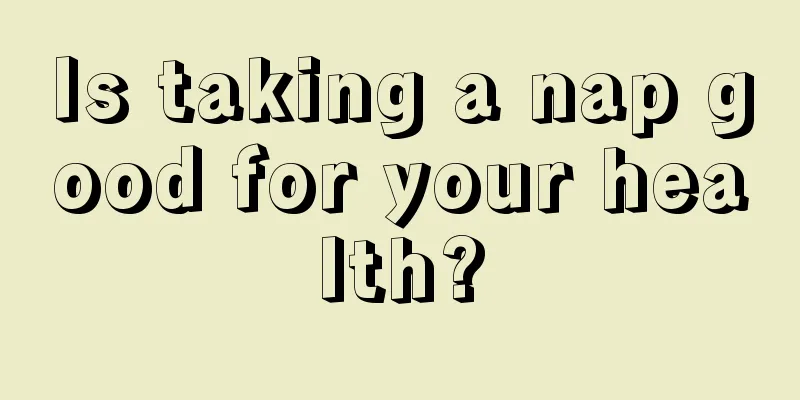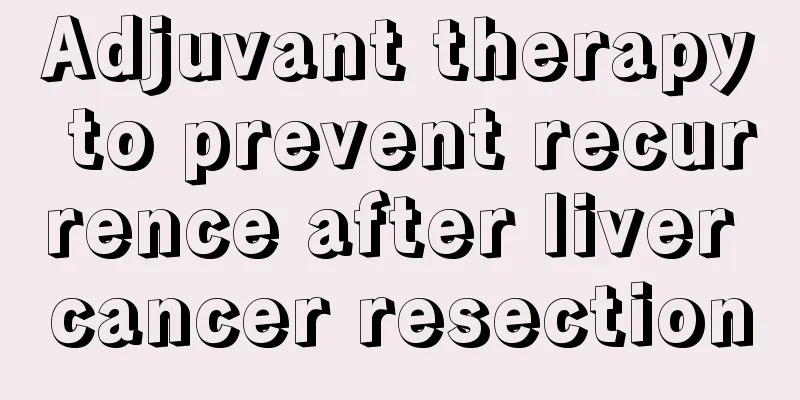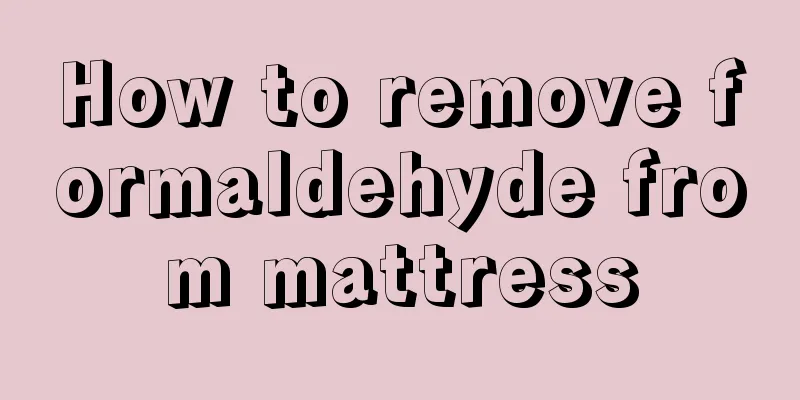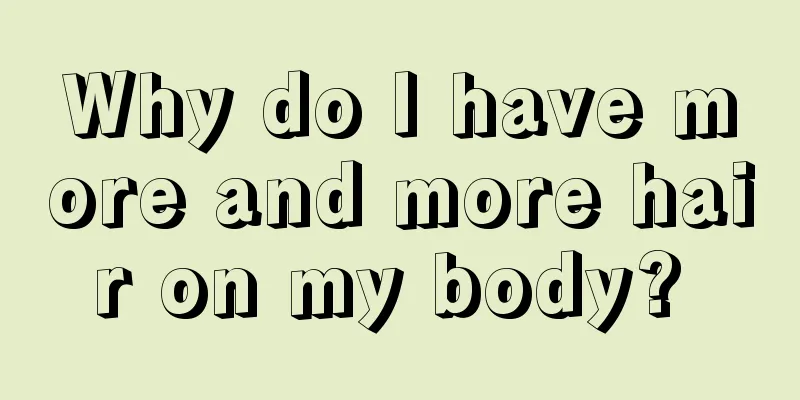Is taking a nap good for your health?

|
Taking a nap means making up for sleep. Many people wake up, complete certain tasks, and then go back to bed to take a nap. Taking a nap has both advantages and disadvantages for people. The advantage is that it can replenish sleep, restore physical strength, and prevent diseases. The disadvantage is that it disrupts the regular work and rest schedule and causes people to become slow to react. Therefore, if you want to take a nap, you must see whether your conditions are suitable. 1. Benefits Replenish sleep and restore physical strength For people who work night shifts or stay up all night, a nap is very necessary. It can also be used to replenish sleep and restore physical strength, so a nap is good for health. Suppress excitement and prevent disease. For some people, after waking up in the morning, the brain is not immediately in a normal excited state, but transitions from an inhibited state to an excited state. At this time, the higher centers of the brain will send a signal to re-enter light sleep, that is, to take a nap again. At this time, if you take a nap (not too long), when you wake up, the brain nerve activity will be readjusted, and some brain nerves that were in an inhibited state will start to become active or excited, eventually making the person completely awake. If you don't take a nap, you may feel dizzy, have a swollen and painful head, unstable blood pressure, and it may also induce cerebrovascular diseases. 2. Disadvantages Taking a nap after morning exercise is not good for the health of the elderly. Taking a nap may disrupt your daily routine and disrupt the brain's biological clock, causing you to "sleep poorly during the day and unable to fall asleep at night." Taking a nap can cause slow reaction, poor memory, and susceptibility to illness. It will cause a series of physiological reactions in the body. Serotonin, a neurotransmitter in the brain, is a neuroinhibitor that shields the brain from cognitive stress and makes the body feel relaxed. It is usually secreted more during sleep, making us feel comfortable while sleeping. But serotonin is also a strong vasoconstrictor and stimulator of smooth muscle contraction. Sleeping too long causes excessive serotonin to work, causing blood vessels to contract excessively, pulling nerve endings, and thus causing headaches and preventing further sleep. This is why sleeping too much causes headaches. 3. Notes When you have no symptoms of insomnia, do not take a nap, because doing so will not only disrupt your sleeping pattern, but also sleep for a long time, destroy the rhythm of heart activity and rest, and eventually make the heart contract weak and the whole body weak, forcing you to lie down, creating a vicious circle. If the sleep center is in an excited state for a long time, and other centers are suppressed for too long, their function of recovering activity will be slowed down accordingly, and people will often feel drowsy and listless. Taking naps for a long time can lead to symptoms such as lack of energy and dizziness, which will affect people's daily life and endanger health. To reduce the harm caused by napping, people should try to improve their sleep quality. |
<<: Occasionally go to bed without removing makeup
>>: What is the reason for turning over when sleeping
Recommend
What are the consequences of blood return from infusion?
In real life, infusion is a common way to treat p...
What is palliative surgery for gastric cancer? Relieve the patient's symptoms
The purpose of palliative surgery for gastric can...
Are corns contagious? Why?
Some friends who don’t know much about corns thin...
Why doesn't the rice cooker overflow when cooking porridge
Normally, we usually use pressure cookers or iron...
What should I do if my tongue coating turns yellow and my mouth becomes dry
Yellow tongue coating and dry mouth are not uncom...
What is the most effective way to prevent uterine cancer? Learn these 4 tips to stay away from uterine cancer
Uterine cancer is one of the common tumors of the...
The function of molars
A normal person's mouth should have 28 to 32 ...
Where do bone tumors usually grow?
Tumor is a relatively common disease, and bone tu...
What are the symptoms of nasopharyngitis? Be careful when these appear!
Nasopharyngeal inflammation is a relatively commo...
Why do blisters grow between the toes?
Many people don’t know why blisters appear betwee...
What is a healthy diet for nasopharyngeal cancer
In recent years, nasopharyngeal carcinoma has bec...
Will my face become smaller after wisdom teeth are removed?
Some people may suddenly grow wisdom teeth after ...
What is the success rate of brain cancer surgery? How long can you live after success
The pathological classification of brain glioma i...
What to do if diastolic blood pressure is too high
Hypertension is a disease that usually occurs in ...
Does spicy hot pot make you fat?
Nowadays, people eating malatang can be seen in e...









